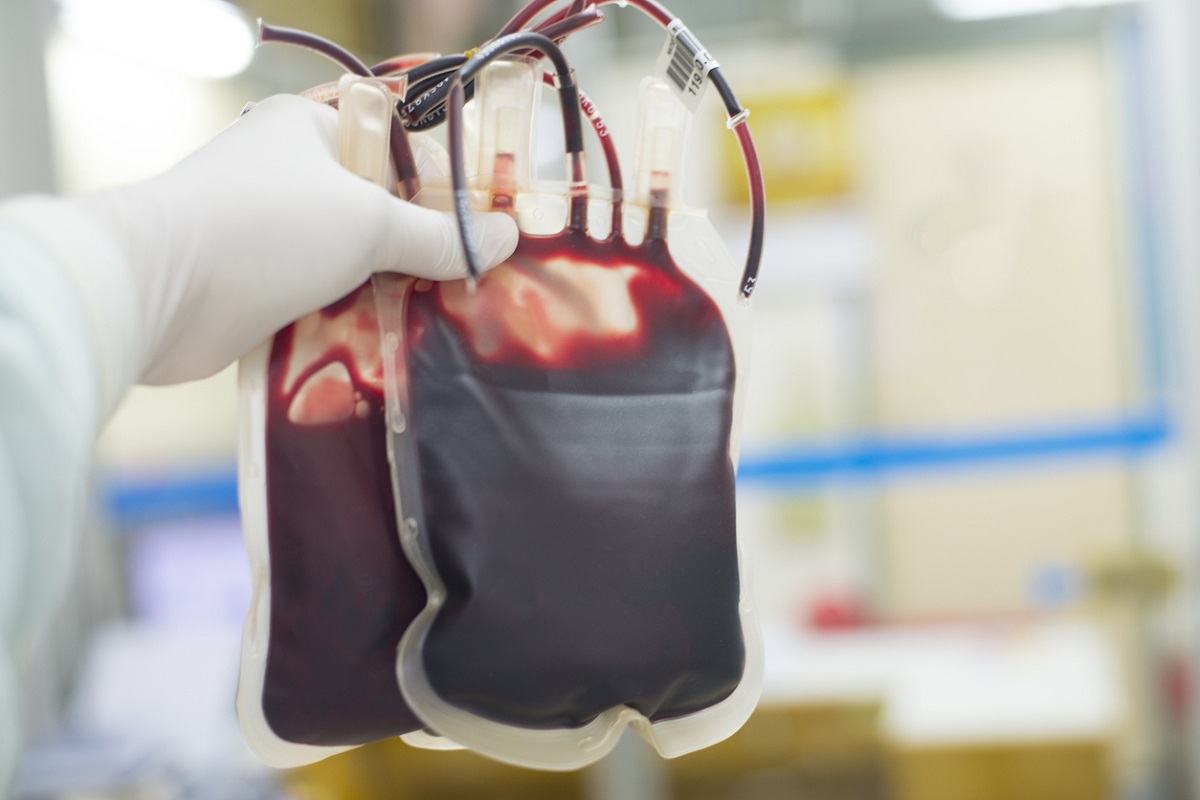Siliguri school gets national honour
This programme, scheduled on 28-30 October, aims to cultivate a spirit of community, hygiene, and social responsibility.
There are 19 government blood banks in north Bengal under the RBTC, and officials said the situation there too was more or less the same.

(Representational Image: iStock)
Thalassemia patients are facing tough times in their survival due to the ongoing blood shortage. A handful blood donation camps amid the Covid scare are far inadequate to meet the requirements, doctors have said. The sharp drop in the number of blood donation camps because of the raging second wave of Covid-19 has resulted in an acute crisis of blood.
The crisis, however, is being since ever since the Assembly election model code of conduct came into force in February. There are more than 100 thalassemia patients in Siliguri. A genetic blood disorder, thalassemia requires lifelong regular blood transfusions, usually administered every two to five weeks.
“There has been an unprecedented situation. Thalassemia patients are in deep trouble owing to the blood crisis for a long time. We had not seen such a crisis even during the first wave of Covid-19. But this time, the model code of conduct and later the rising number of Covid-19 cases hit blood donation camps. Now we are not getting knocks from thalassemia patients so much, and it is may be because they are aware of the situation and we also do not know if all of those patients are still surviving,” said the coordinator of the Siliguri Voluntary Blood Donors Forum, Pijush Roy.
Advertisement
A veteran health activist, Mr Roy has been campaigning for blood donation and working for thalassemia patients for the past few decades. The director of the Regional Blood Transfusion Centre (RBTC) at the North Bengal Medical College and Hospital, Dr Mridumay Das, said around 10-12 units of blood was required for thalassemia patients daily. Apart from Siliguri, thalassemia patients, who hail from other districts, also turn up at the NBMCH.
“But the situation in blood banks is so grim that we are unable to provide the blood to those patients. We are concerned about the situation,” Dr Das said. A blood donation camp was organised by the Himalayan Nature and Adventure Foundation in Siliguri where 16 units of blood was collected today. “Apart from this, we have almost no unit left. There is no stock of negative groups, we have four units of A+, 10 units of B+, six units of O+,” Dr Das said.
Blood banks get maximum units of blood through voluntary collection. There are 19 government blood banks in north Bengal under the RBTC, and officials said the situation there too was more or less the same. RBTC officials said that around 80 units of blood are supplied from the RBTC to the different health facilities, and the daily requirement of the NBMCH alone is around 60-70 units.
Sources at the RBTC said around 500 units of stock with at least 25 units of each positive group is an ideal stock.
Advertisement